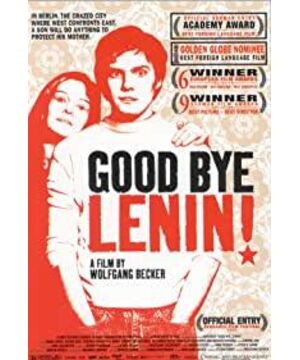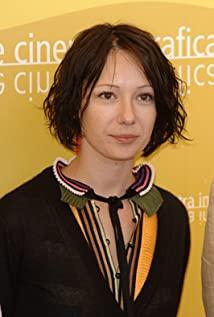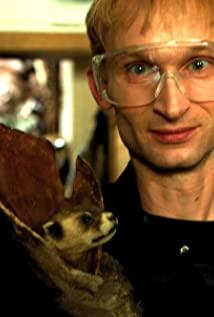From the title of the film, it is clear that this film has a strong Ideological overtones. Alex lives in East Berlin, his father fled to the capitalist world when he was a child, and his mother later "married the party" and became a staunch Communist. Before and after the great changes in Eastern Europe in 1989, the situation began to turmoil, The mother still had great faith in the future of the socialist republic, until she saw her son arrested in a street demonstration, suffered a heart attack, and fell into a coma for eight months. By the time she woke up, the country had changed - DDR stepped down, No more authoritarianism; the Berlin Wall has fallen, the socialist system is gone, and West German goods are pouring into East Germany. To keep his mother from getting irritated and getting sick again, Alex uses his own concocted TV news and all kinds of lies, in his mother's world The Chinese ambassador to the GDR lingered on for a few more months, until his mother died.
It is difficult to say what "stand" the film was on. When the TV news announcer pretended to announce that a large number of West German residents had fled to East Germany When, after the upheaval, Alex met his childhood hero, Germany's first astronaut, on the street, only to find that he could only make a living by driving a tattered taxi, it was a dark humor to satirize the old system; however, When the film describes the frustration of those "socialist old people" and denounces capitalism's "everything looks at money"; when the East German currency becomes waste paper overnight, and the hero sprinkles his mother's life savings on the roof; when The innocent singing of the young pioneers brings people back to the memory of the "beautiful" past, and the film is full of nostalgia and warmth for the good times of the past.
Many "things from the past" in "Goodbye Lenin" are believed to touch the older generation of Chinese audiences, such as the rationing system, the "News Network"-style propaganda program we can still see today, and the young pioneers performing happy smiles, clichés between people, etc. Although China has not had regime change, the great changes in reform and opening up have brought people no less impact than Germany. New disadvantaged groups who are frustrated in the redistribution of interests or Some other people often have a sad nostalgia for the past, which is similar to the film. However, the reason why people think the past is good is because of their own feelings or because of the lies of the authorities? This is questionable. Today in North Korea we can still see the performances of children with incomparably bright happy smiles. Through the display of these so-called socialist realistic arts, the reality and the illusion are often confused in the constant realization and re-realization. In the film, Alex's efforts, in the final analysis, are just "hold the lie", and in this lie use fictional facts to create his own utopia.
There is a scene in the film where Alex's mother is standing on the street, witnessing the dismantled Lenin statue hanging on the Under the helicopter, slowly passing the street. Lenin still maintains that majestic posture, but the mother is confused. Maybe this can explain the state of people today. When despotism and totalitarianism are there, we feel depressed; when real When freedom comes, we start to miss the illusory beauty of the past. Alex's father reappears near the end of the film, and he has become a middle-class in West Germany, living a life without food or even a little bit. A life of luxury. When Alex faces him, the same family, half in the past, half in the future, just like Berlin separated by the Berlin Wall.
View more about Good Bye Lenin! reviews











